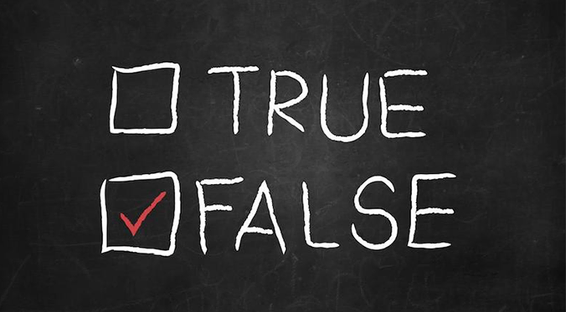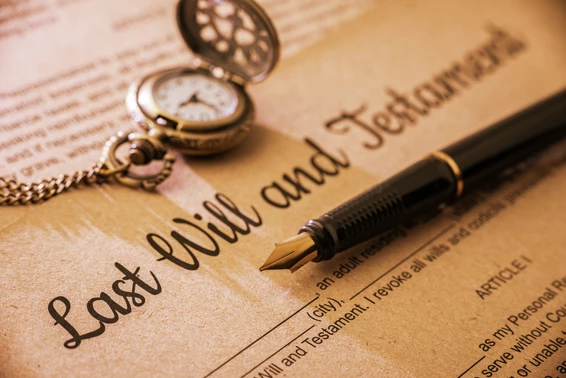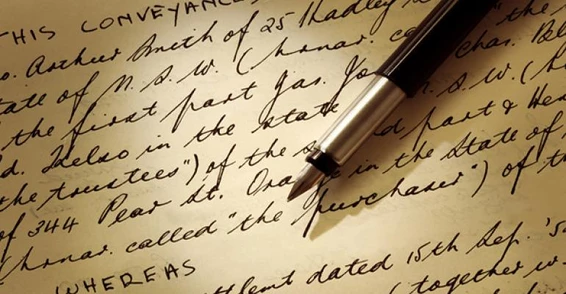
Estate Planning: Why you should do it now and do it right
January 10, 2019
Do I Really Need a Will?
February 10, 2019
In the state of California, the answer is typically yes, but before we just write a blog with one sentence let’s explore some of the reasons you might or might not want a trust.
Some people think that they do not have enough assets to create a trust. This should not stop you from discussing whether a trust is a necessary thing for you. I typically advise people that come to my office that the amount of assets that someone needs to have to start thinking about creating a trust is if you have a home or if you have minor children and life insurance that you would like to pay out to them to support them should you pass away unexpectedly.
Why do I use this as the bar for whether you need a trust? This is the starting point for two different reasons.
First, let’s start with why owning your own home may necessitate a trust. In the state of California, if you more than $150,000 in assets your family must go through a full formal probate if you pass away with real property in your name. In California, probate is a costly, lengthy process that can expose your loved ones to creditors and predators. Most people want to avoid this process. When the court is calculating whether your estate falls within the $150,000 range, they look at your “gross estate,” meaning they pretend like you don’t have any debts. Most people, especially in Southern California fall into this category if they own their own home.
Why don’t we look at other kinds of assets when we are assessing avoiding probate? There are other cost-effective ways to transfer other types of property at death and still avoid probate. There are two ways that you can transfer real property at death other than a trust, but they are either very expensive because of tax reasons or you lose control over your property, or both. I have discussed this in more detail in other articles. Property in banks and life insurance policies can pass by beneficiary designations in ways that avoid probate and the tax ramifications are minor, if any.
Second, let’s talk about why having minor children and life insurance may necessitate creating a trust. Single parents and families with two parents should both consider the possibility that they may both pass away due to some tragic accident at the same time. If something of this type did happen, it would be important that you reduce the complexity of administration as much as possible to save your family hassle and save the resources necessary to raise your children to adulthood. A trust can do this by laying out a specific plan as to whom is to administer over the finances at each stage of your child or children’s lives. This trust avoids the problem of overly protective court administration, which will drain finances and put strain on your family.
If you don’t have a house or minor children, it does not mean that you do not need an estate plan; it just means you may not need a trust as part of your estate plan.
Everyone needs an estate plan of some sort just to make sure your decisions are carried out should you not be able to express your desires.
A good estate plan includes a plan for taking care of your finances should you become incapacitated, a plan for your health care decisions, again, if you were incapacitated. A good estate plan also includes instructions on how to conduct your memorial services, how to access your digital assets such as email and social media accounts. Finally, a good estate plan gives you not only peace of mind that should something happen you have done all you can, it should also create real peace for your loved ones because they know your desires and have the legal power to carry out those wishes.
If you would like to discuss whether you need a trust or creating an estate plan, please call us at (951) 304-3431.

